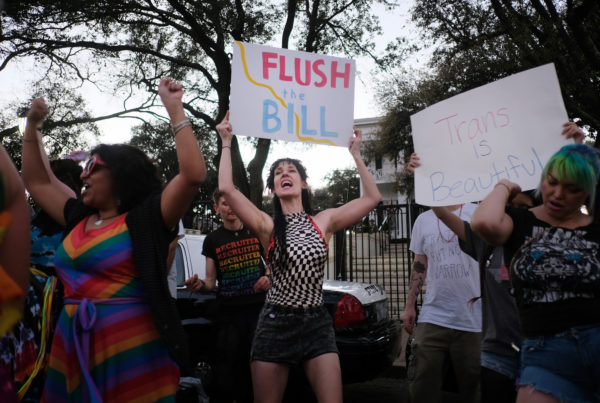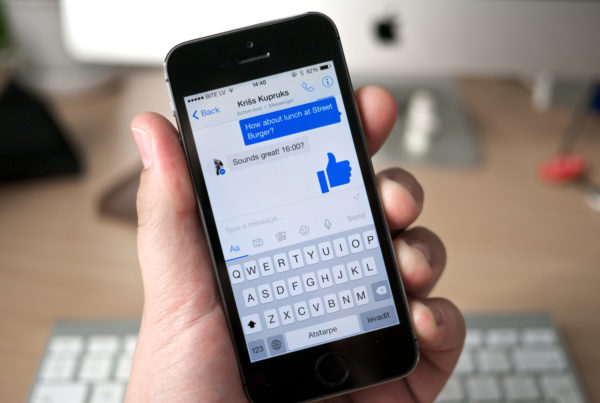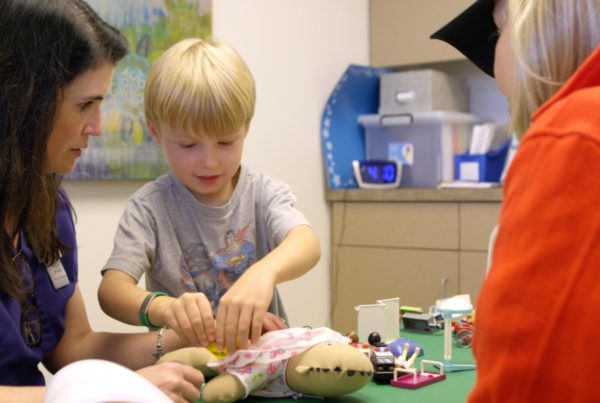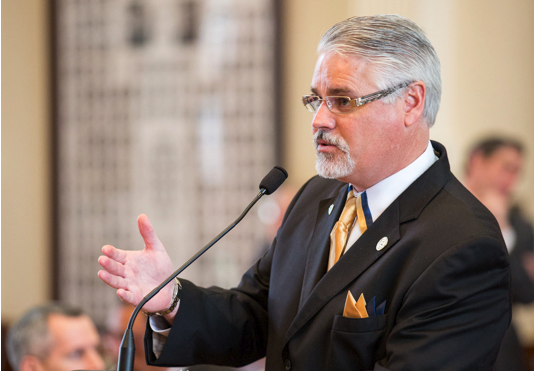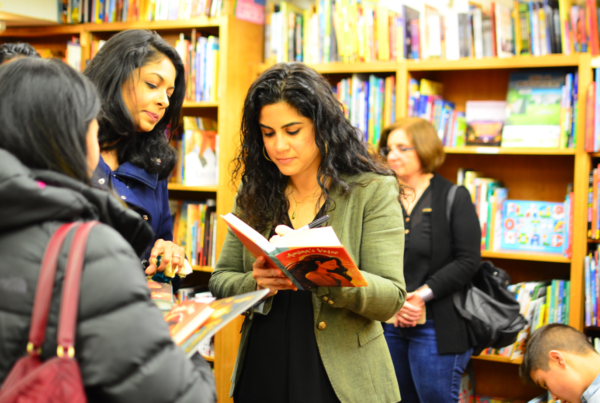A 32-year-old former teacher at Dickinson High School in Galveston has surrendered to police. He is accused of having an improper relationship with a 17-year-old student. Last year, Texas saw 150 similar reported incidents. No other state comes close to the number of cases reported in Texas. Number 2 on the list is Pennsylvania, with 45 cases this year.
Doug Phillips, director of educator investigations with the Texas Education Agency (TEA), says his agency investigated 222 cases of inappropriate relationships between teachers and students last year. He expects at least that many cases this year. He says these numbers reflect an increase of 35 to 40 cases over the previous year.
Phillips says he believes the greater number of cases is the result of teachers and students having more opportunities to communicate than they ever have.
“With the advent of social media, electronic media, we have educators being able to have 24-hour direct contact with students, and students to have that same contact with educators,” he says. ”It’s fostering some relationships that are causing us problems.”
Though the TEA investigates reports of inappropriate relationships, Phillips says there are no statewide rules governing these relationships. Each school district establishes its own policies, he says.
Phillips says districts should consider setting parameters for social media interaction between students and teachers.
“I think you can’t eliminate social media and electronic media when you’re dealing with students because it’s too much of a teaching tool,” he says. “But you can put parameters on how it’s used.
A proposed law would offer guidance to districts – if no firm rules.
“I don’t know if you’ve taken a look at Senate Bill 7 that’s currently making its way through the process. It does address social media. It’s just more suggestive language, but it does require the district to establish a policy regarding social media.”
Phillips acknowledges that investigators are reacting, rather than preventing teacher-student relationships, but says TEA is working to educate school districts on how to spot problems.
“One of the proactive things we’ve done is training,” he says. “A lot of our training is built around [knowing what] things to look for so that we can prevent these relationships from developing. Of course, our main focus is protecting kids, but we also want to protect these educators.”
Phillips says educators are usually responsible for actions that lead to inappropriate relationships with their students.
“I wouldn’t call them a victim,” he says. “Their lives certainly can be completely ruined, but in the vast majority of these cases, these are things they’ve initiated, and that they have an opportunity to get out of.
Written by Shelly Brisbin.





